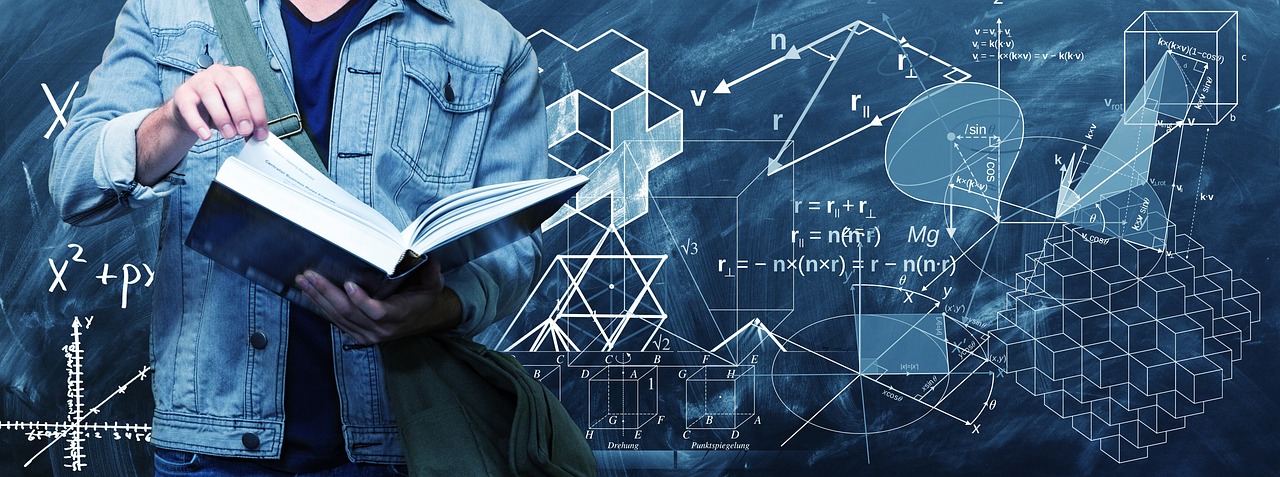
MASTER PHYSICS EDUCATION
Transform your teaching and educational practice with our comprehensive Physics Education course. Designed for educators, aspiring teachers, and science communicators, this course provides the theoretical and practical skills needed to effectively teach physics at all educational levels. Explore innovative teaching strategies, curriculum development, assessment methods, and how to inspire a passion for physics in your students.
COURSE HIGHLIGHTS:
- Teaching Physics Concepts: Learn how to explain complex physics principles in an accessible, engaging manner.
- Curriculum Design: Study how to design a comprehensive and effective physics curriculum that fosters critical thinking and problem-solving.
- Inquiry-Based Learning: Explore active learning techniques that encourage students to explore, experiment, and question the world around them.
- Educational Technologies: Discover how to integrate technology into your physics teaching, from interactive simulations to digital labs.
- Student Assessment: Master creating meaningful assessments that support learning and gauge student progress.
ENGAGING LEARNING EXPERIENCE:
- Interactive Modules: Engage with dynamic content through case studies, instructional strategies, and video tutorials on teaching physics.
- Achievement Rewards: Earn certificates, badges, and incentives as you complete course milestones.
- Practical Applications: Apply your knowledge by creating lesson plans, assessments, and teaching materials to enhance student learning.
- Support Opportunities: Access scholarships and mentorship from experienced educators and physics experts.
- Career Growth: Gain recognition for roles in teaching, curriculum development, educational leadership, and science communication.
RELATED COURSES IN K4B:
- Science Pedagogy: Explore the foundations of teaching science and learning theory for effective instruction.
- Educational Psychology: Study how students learn and how to create engaging, inclusive learning environments.
- Laboratory Education: Learn best practices for teaching physics through hands-on experiments and laboratory work.
- STEM Education: Focus on teaching science, technology, engineering, and mathematics to inspire future innovators.
- Physics Instructional Methods: Study specialized strategies and techniques for teaching high school and university-level physics.
SKILLS YOU WILL DEVELOP:
1. Physics Teaching Strategies: Learn effective methods to teach fundamental physics concepts and encourage conceptual understanding.
2. Active Learning Techniques: Develop skills in using inquiry-based, hands-on, and student-centered learning strategies.
3. Curriculum Development: Design a physics curriculum that aligns with educational standards and promotes critical thinking.
4. Laboratory Teaching: Learn how to integrate laboratory experiments into your teaching to demonstrate theoretical concepts in practice.
5. Use of Educational Technology: Leverage modern tools, simulations, and digital resources to enhance physics instruction.
6. Assessment Design: Master creating formative and summative assessments to measure student learning and provide feedback.
7. Differentiated Instruction: Adapt your teaching to meet the diverse learning styles and needs of your students.
8. Classroom Management: Develop strategies for creating a positive, focused, and engaging learning environment.
9. Research in Physics Education: Engage with current research in physics education to stay informed on best practices and new trends.
10. Communication Skills: Improve your ability to explain complex physics concepts clearly and persuasively to students.
11. Professional Development: Continue to develop your teaching skills through ongoing learning and collaboration.
12. Motivation and Engagement: Learn how to inspire students to develop a passion for physics and scientific inquiry.
13. Collaboration: Work with colleagues to create interdisciplinary teaching approaches and enhance student learning.
14. Problem-Solving Skills: Equip students with the tools to tackle physics problems creatively and analytically.
15. Effective Feedback: Provide constructive feedback that helps students understand their progress and areas for improvement.
WHY CHOOSE THIS PROGRAM:
- Interactive Learning: Engaging modules that make the art of teaching physics both fun and effective.
- Practical Relevance: Acquire skills directly applicable to your classroom teaching, lesson planning, and student assessment.
- Comprehensive Support: Benefit from scholarships, mentorship, and networking opportunities to support your professional growth.
- Holistic Curriculum: A well-rounded program that addresses both the theoretical foundations and practical applications of teaching physics.
- Career Advancement: Open doors to roles in education, curriculum development, STEM outreach, and educational leadership.
ENROLL TODAY AND MASTER PHYSICS EDUCATION!
Take the next step in your career as a physics educator by mastering the skills needed to teach and inspire students. Gain the tools to create effective curricula, design meaningful assessments, and foster a love for physics. Join our Physics Education program and become a transformative leader in science education.
Enroll now and embark on your journey toward excellence in physics education!

